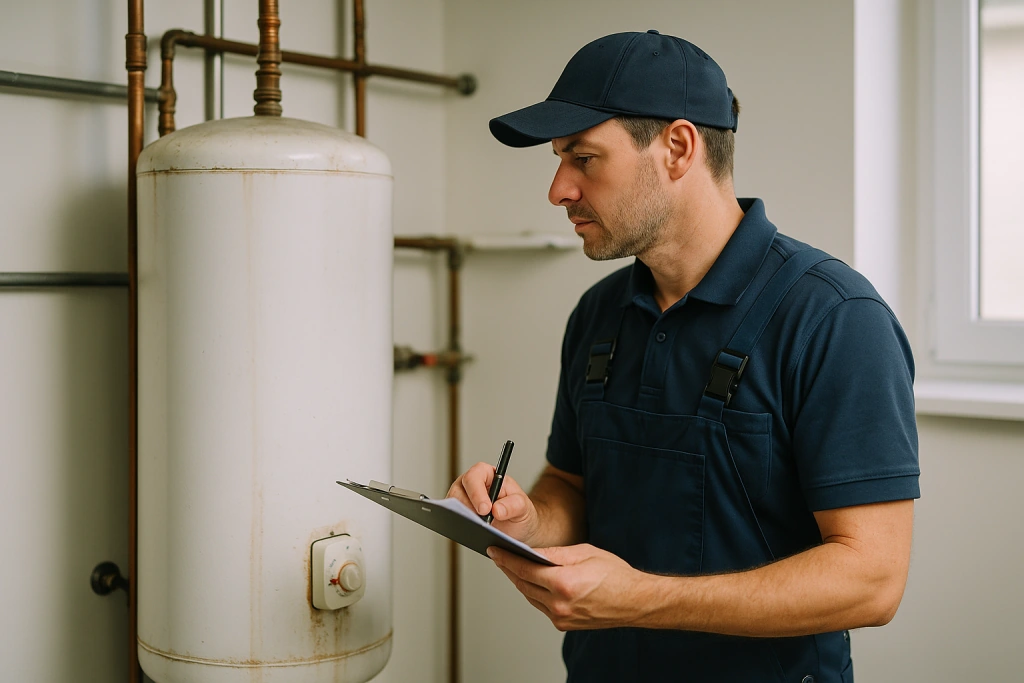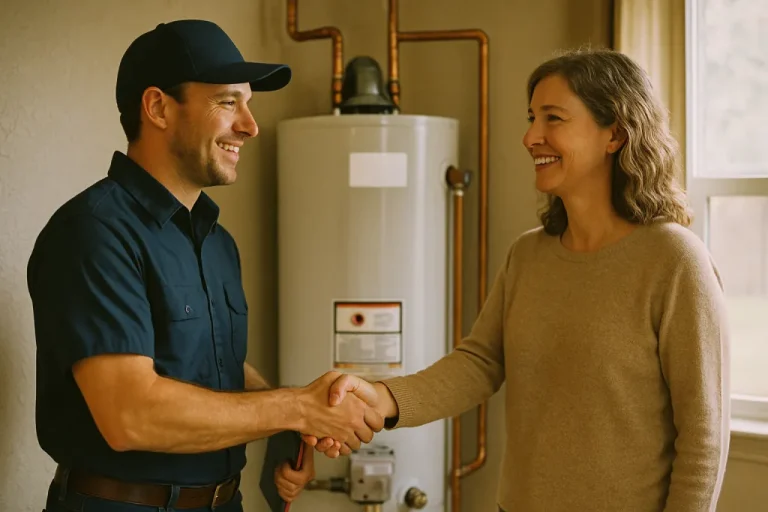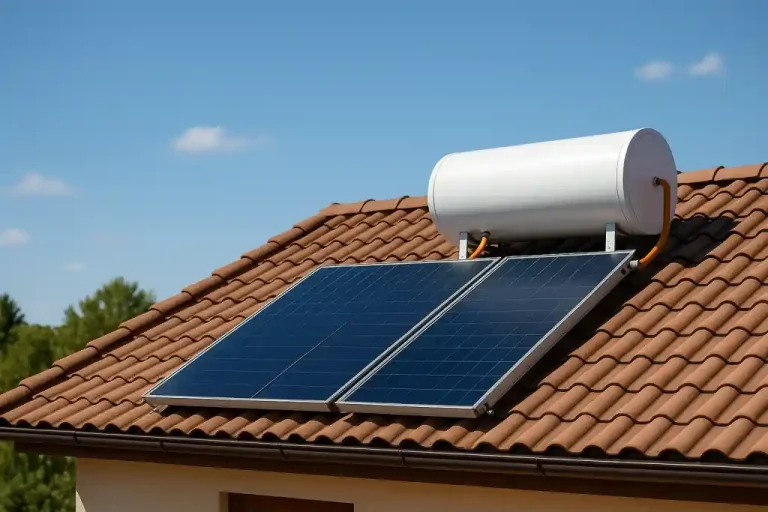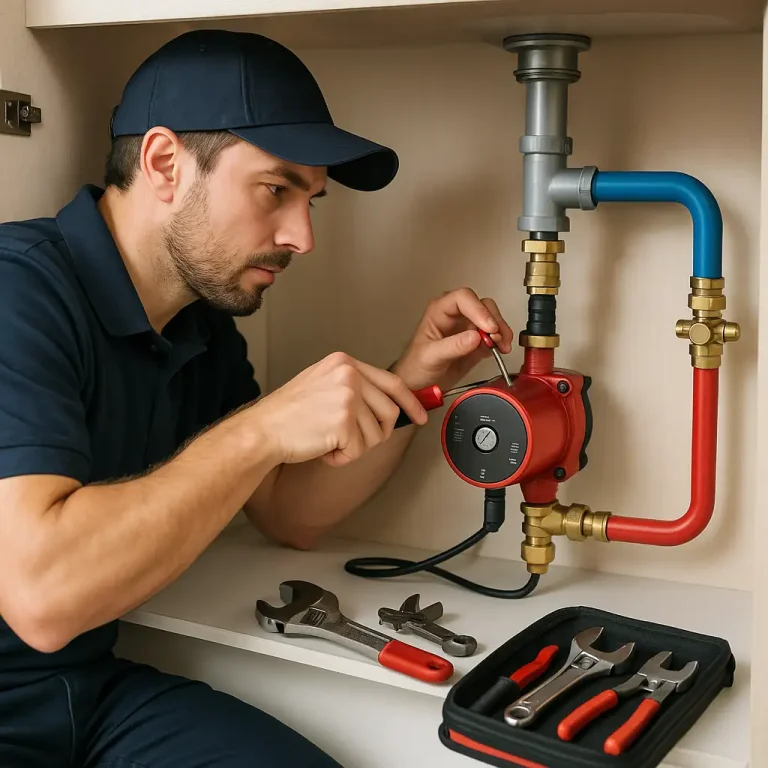
When considering water heater replacement, many homeowners feel overwhelmed by signals of trouble, choices of units, and concerns about cost and installation quality. Whether your current system is acting up or you’re simply aiming to upgrade to something more efficient, understanding the process and what to look for can save you time, money, and stress.
Recognizing the Signs That It’s Time to Replace
Over time, every hot water system begins to show wear and inefficiencies. Common warning signs include inconsistent water temperature, rust-colored water, leaks pooling around the tank base, and loud banging or rumbling noises from the unit. These issues often stem from sediment build-up, aging components, or a tank that’s simply reached the end of its useful life. According to experts, falling behind on these signs can lead to higher utility bills, emergency repairs, or even water damage to your home.
If your system is more than a decade old, especially if it’s been behaving erratically, it might be time to consider a full replacement instead of just a repair. Upgrading to a new unit can deliver better performance, improved energy efficiency, and more reliable operations for years to come.
Understanding Your Options
When it comes to water heater replacement, you’re not limited to simply the same thing, but new. There are several types of systems to consider:
- Traditional tank water heaters: These hold a set volume of hot water and are generally less expensive upfront.
- Tankless (on-demand) systems: These heat water as needed, offering endless hot water and improved energy efficiency in many cases.
- Hybrid or heat-pump water heaters: Designed for high efficiency, these systems often cost more initially but save considerably over time in energy usage.
- Fuel-type variations: Electric, gas, and even solar-compatible units exist. The right choice depends on your home’s current setup and utility costs.
Choosing the best option depends on your household size, budget, hot water usage patterns, and long-term goals for energy savings. A professional installer can help you evaluate which system fits your needs and whether the existing space and hookups in your home support the upgrade.

The Replacement Process What to Expect
Replacing a water heater is more than hauling the old one out and plugging in the new. A quality installation involves:
- Evaluating the existing setup and confirming that the new unit will meet your hot water demands and local code requirements.
- Disconnecting and removing the old unit safely, including disposal and any needed site cleanup.
- Installing the new system ensuring proper venting, insulation, electrical or gas connections, and pressure relief components.
- Testing the system thoroughly for leaks, proper operation, and efficiency before leaving you with full hot water again.
A reputable plumbing service will handle each step methodically, respecting your time and leaving your space clean. They’ll also explain any maintenance tips to help extend the lifespan of the new heater.
Cost Considerations
The cost of water heater replacement varies widely based on factors like unit size, type, fuel source, installation difficulty, and regional labor rates. A smaller tank model will cost significantly less to purchase and install compared to a large-capacity tankless system or a hybrid heat-pump model.
However, it’s worth considering that higher efficiency units often result in reduced energy bills over time, which can offset the higher upfront investment. When comparing quotes, ask about potential savings and whether the installer includes disposal of the old unit and any required permits. Transparency in pricing is key to getting a trustworthy installation experience.

Why Professional Installation Matters
Choosing the right professional for water heater replacement is crucial. A licensed, experienced plumber brings value beyond simply installing the unit:
- They understand local building codes and safety regulations.
- They properly size the replacement system to match your home’s demands.
- They handle all the details (venting, wiring or gas lines, drainage) to protect your home and extend the system’s life.
- They stand behind their work, offering warranty support and maintenance advice.
While it might be tempting to try a DIY installation or hire a less-experienced installer to save money, mistakes can lead to serious issues leaks, inefficiency, safety hazards, or an early failure of the system.
Final Thoughts
Reliable access to hot water is a fundamental comfort in your home. When your current heater begins to falter or your goals shift toward efficiency and value, taking the step of water heater replacement can be a wise investment. By recognizing the warning signs early, exploring the right type of new system for your home, investing in professional installation, and understanding the costs and benefits, you’ll ensure that your household enjoys steady, efficient hot water for years to come.



